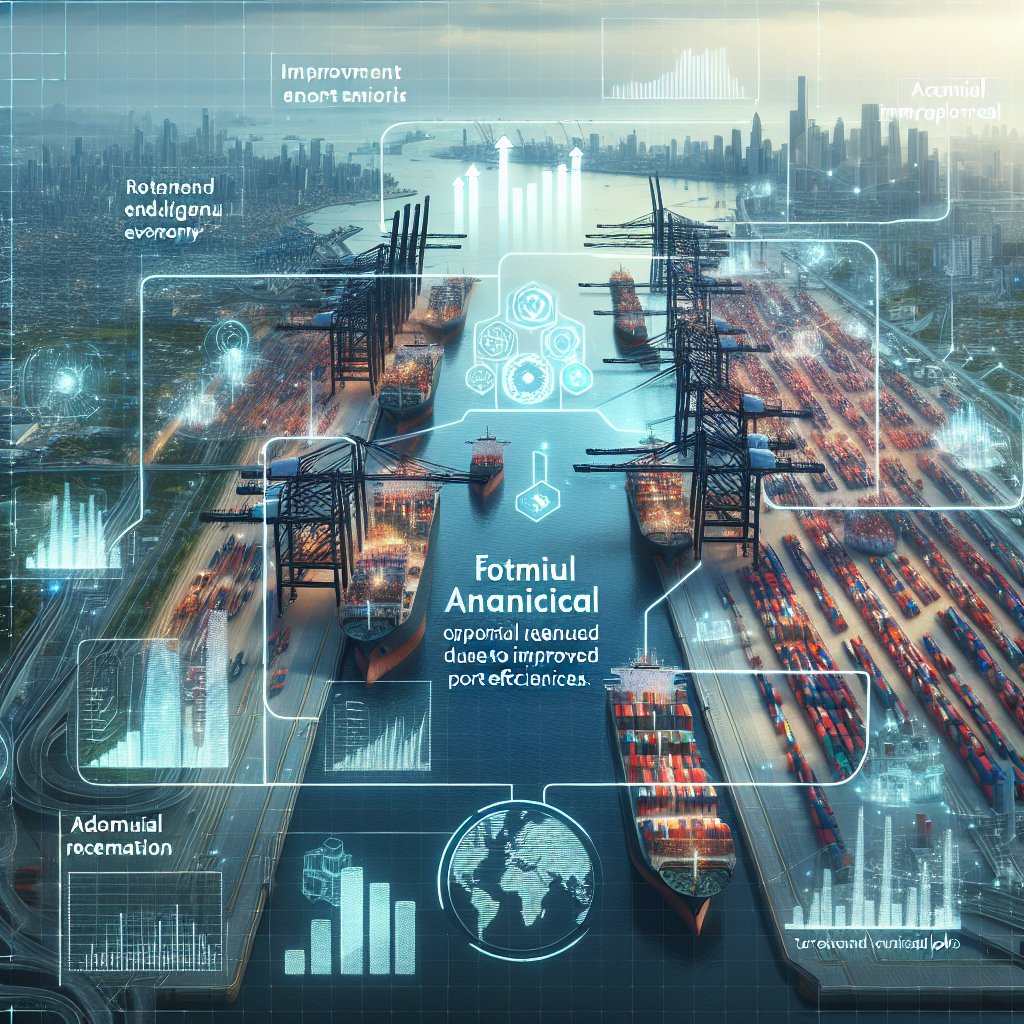Image created by AI
Cape Town Port Inefficiencies: A Drag on Western Cape's Economy and Job Creation, Says Premier Winde
In a damning assessment of the Port of Cape Town, Western Cape Premier Alan Winde claims that the facility ranks as one of the most poorly managed ports on the global stage. This scathing critique followed a recent inspection by members of the Democratic Alliance, which sought to highlight the port's inefficiencies and the impact on the regional economy.
During the oversight visit, Premier Winde presented a stark outlook on the consequences of the port's lack of efficiency. He pointed out that the port's operations, when functioning optimally, could contribute an additional R6 billion to South Africa's Gross Domestic Product (GDP). Moreover, he outlined how the port's sluggish performance is currently affecting key economic sectors in the province.
Winde noted that the province's vital exports, including peak season table grapes and fruit, have experienced significant delays. These holdups of up to three weeks are not just inconvenient but also carry economic repercussions that ripple through the Western Cape's economy. The premier estimated that improving port efficiencies could bring in an extra R1.2 billion in tax revenue, money that could otherwise fund critical public services like education and healthcare.
The stakes of upgrading and optimizing port operations are high. Winde suggested that an efficient Port of Cape Town could pave the way for the creation of an additional 20,000 jobs in the local economy. In an area where jobs are essential for social stability and development, the potential economic boost cannot be overstated. These jobs would cover a broad spectrum of the economy, from direct employment within the port to tertiary jobs in sectors reliant on the port's functioning.
The argument laid out by the premier attests to the pivotal role that infrastructure, like that of the Port of Cape Town, plays in broader economic ecosystems. When ports fail to perform, they inadvertently stifle growth and job creation, elements that are crucial for any developing economy. For South Africa, a country grappling with high unemployment rates, addressing such infrastructure bottlenecks could prove transformative.
In shedding light on these issues, Premier Winde calls for actionable steps to be taken to turn around the fortunes of the Port of Cape Town. Investment in infrastructure, better management practices, and the adoption of technology to streamline operations are likely on the agenda if the port is to meet international standards and drive regional economic growth.
The attention on the Port of Cape Town serves as a microcosmic view of a national challenge. Ports across South Africa have faced criticism for inefficiencies, with calls for reforms echoing from various economic stakeholders. As the Western Cape looks to leverage its geographic positioning and resources fully, the success of this endeavor rests heavily on the efficiency of its port operations.
The outcome of this oversight and the subsequent actions taken could serve as a benchmark for other ports and, by extension, other sectors within South Africa. The spotlight is now on the relevant authorities to make the necessary adjustments to ensure that the Port of Cape Town becomes an asset that the Western Cape and South Africa can rely on to drive economic growth and development.










